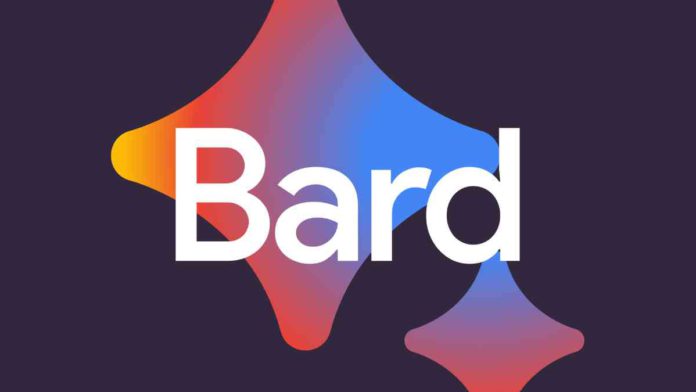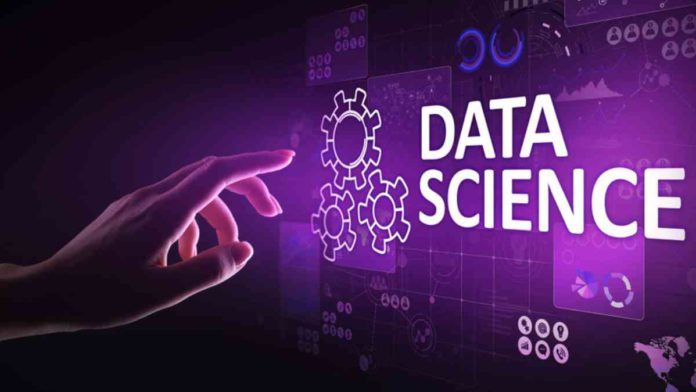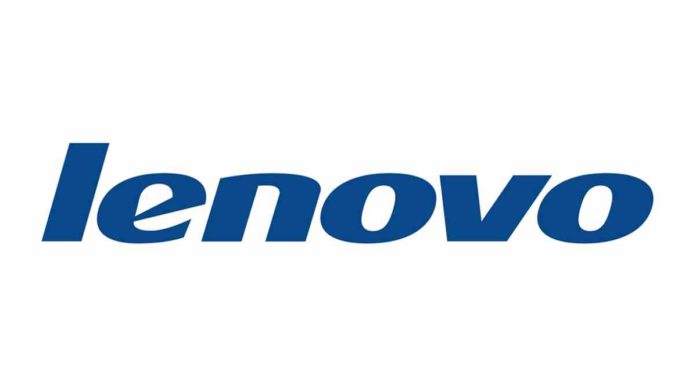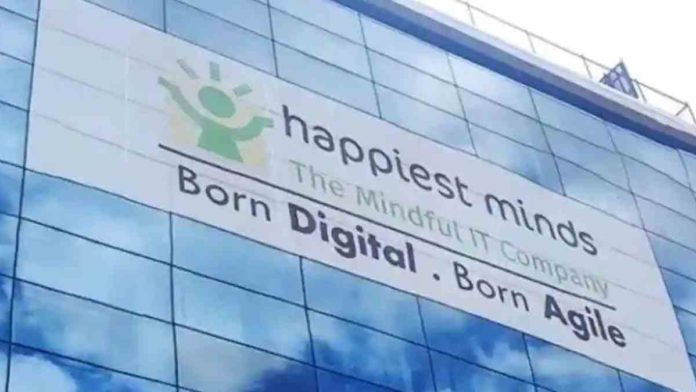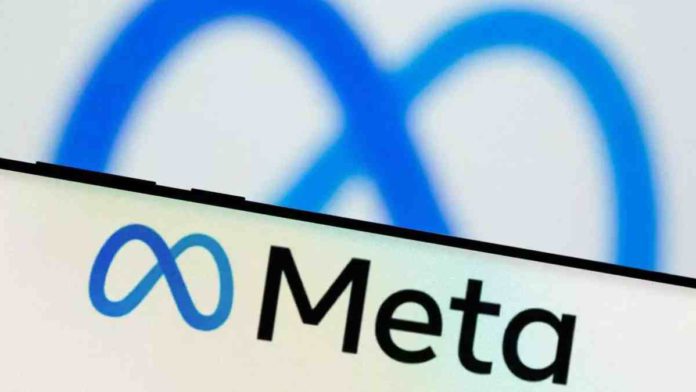According to the agreed contract, Squarespace will be acquiring the assets of Google Domains. Although the news was somewhat unexpected, there is still no information available about the entire transaction. However, under this significant acquisition, nearly 10 million domains will be moved to Squarespace. Although it is not official, Google Domains will start to wind down its operations, and after the sale is completed, the service is anticipated to be terminated.
Squarespace’s founder and CEO Anthony Casalena said, “We are incredibly happy to be chosen to serve the consumers of the Google Domains company. Domains are a crucial component of the web’s infrastructure and of every company’s online presence. We are committed to ensuring a smooth transition and look forward to serving these new clients in the same way that we have done for the millions of people who have used our domain solutions.
Google has agreed to assist Squarespace with a seamless transition that will take place over the upcoming months. Customers should be able to take advantage of comparable features for the most part, and the business promises to keep renewal prices in effect for at least a year following the transaction’s closing date. Although it’s unclear what pricing adjustments would be implemented, Squarespace has stated that it will provide incentives in an effort to keep these clients.
Read More: Microsoft Announces AI Personal Assistant Windows Copilot for Windows 11
The issue of Workspace accounts linked to Google Domains is another factor to consider in addition to domain hosting and relocating. According to Squarespace, it will offer billing and customer support for Workspace subscribers. It will also serve as the exclusive domain provider for any customer purchasing a domain along with their Workspace subscription from Google directly for a minimum of three years.
The majority of the modifications won’t start until about 2024 because the deal is anticipated to finish around the end of the year, during Q3 2023. Ideally, any major issues for Google Domains users during the shift are not expected.



